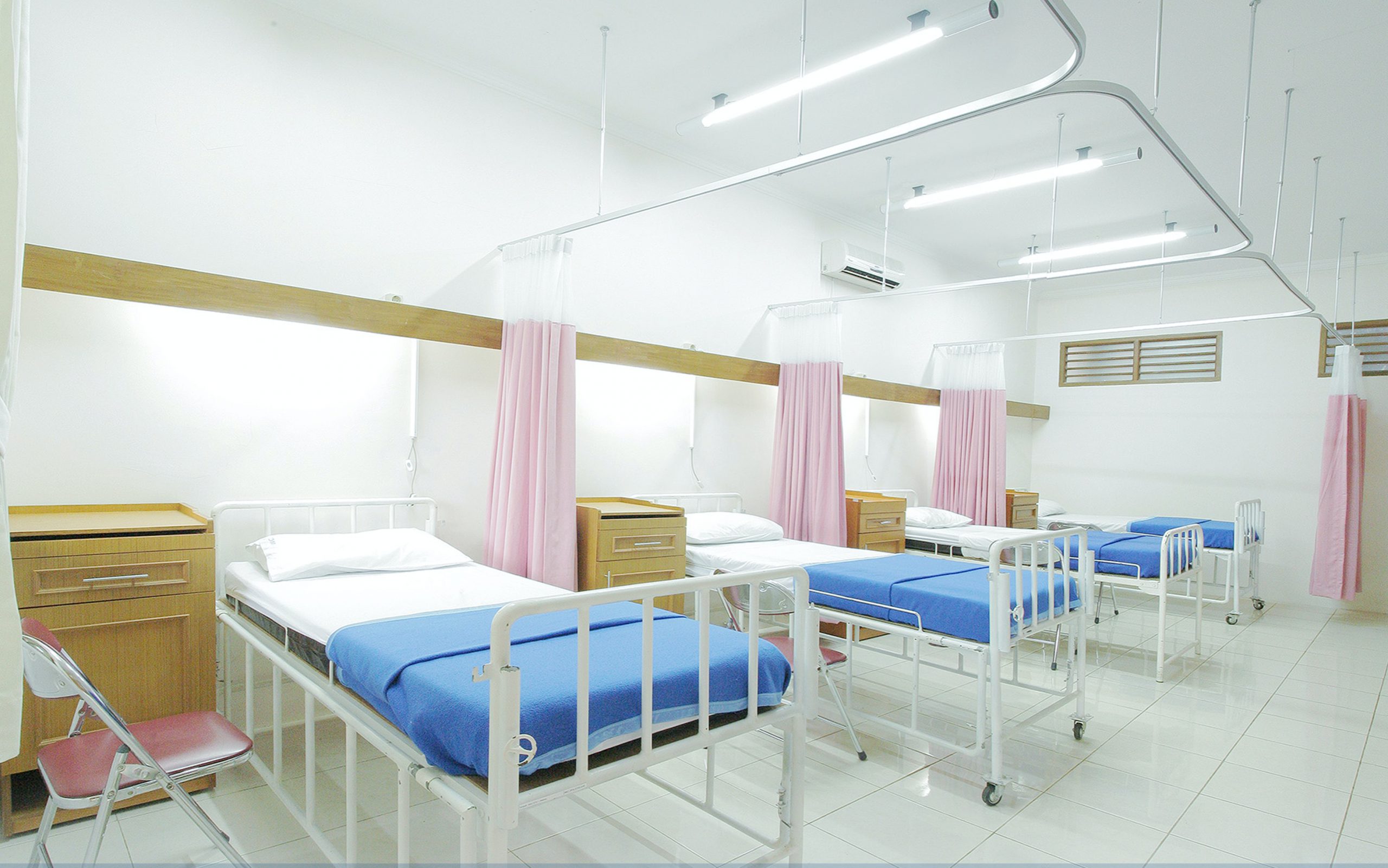Like many other sectors, the healthcare industry has had to adapt to conduct business and provide services throughout the pandemic. While an effective vaccine might see
the return of business as usual for other sectors, this might not be the case for healthcare, as seen in health news today. COVID-19 has given rise to new responsibilities and requirements that professionals in the medical and life sciences fields need to fulfill, particularly in clinical trials.
Limitations of the clinical trial process were suddenly in the spotlight, particularly how it affected drug development and preparedness in facing the pandemic. With physical distancing policies in place, healthcare systems are using technology so that doctors and patients can be far apart and still complete the work.
Transforming to Virtual Trials
With the transformation of the rest of the world in response to COVID-19 comes a whole new different way of conducting clinical trials: virtually.
While it might seem unnatural, it makes plenty of sense to move in this direction, given that a majority of interactions nowadays take place online, both personally and professionally. Healthcare is following the same trend via telemedicine—a trend that is finding its way into clinical trials.
Clinical trials typically depend on the patient’s presence on-site, a requirement that will change with virtual trials. Not only does it lower the burden on the patient, but it also allows the medical professional to scale when it comes to data collection, which is a huge advantage. What may seem like a luxury now will very quickly become well-integrated into how certain therapies and treatments are designed, delivered, and conducted.
Beyond clinical trials, this also has implications in the provision of better healthcare for those who would have otherwise had little or no access to it. A perfect example is in the mental health sector. Many psychologists and their patients are moving to teletherapy, which is proven to be quite effective despite the distance between doctor and patient. Just like clinical trials, medicine can also be sent through courier to ease the burden on the patient.
Valuable Data Collection and Analysis
Virtual clinic trials also allow more efficient data collection and analysis. Doctors and researchers can see responses to disease or drugs in real-time to monitor the current status and make predictions, especially with potentially pandemic agents. Robust data gathering from virtual clinical trial procedures can help treat or contain the spread of a dangerous virus.
Today’s medical news would have been much more informative and helpful had there been more organized access to the wealth of information collected from clinical trial databases around the world. In the case of COVID-19, if patient information and profiles from these databases were utilized during the onset of the virus, more variables that contributed to the illness could have been identified early on. Factors such as underlying conditions, overall health, and other illnesses that the virus caused would have contributed to precision medicine.
A comprehensive data approach is essential to delivering the right kind of medicine, especially with an unknown disease. Analyzing how all variables work together across populations allows doctors, scientists, and researchers to pinpoint what is needed to treat a patient successfully. It goes beyond just age and immune status when treating a complex and fatal viral infection, after all.
While collecting and analyzing a tremendous amount of data is no easy feat, digitization, software, and connectivity allows for a much smarter and faster way of performing clinical trials. Such data will provide plenty of information and insight on rare diseases to more common ailments to provide the right treatments. Needless to say, the response to another pandemic will also likely be better, whether it comes in the next decade or after a century.
Conclusion
The pandemic has left many aspects of society paralyzed and stunted, but it has also forced the healthcare industry to think outside of the box. Technology has enabled clinical trials to proceed and become even more comprehensive than ever. This will not only lead to a better chance of curing the Coronavirus, but it will pave the way for innovation in finding treatment for other illnesses that have not yet been eradicated.
Staying updated with the latest healthcare news is especially important during the time of the pandemic. Here at Dose of Healthcare, we provide the latest relevant medical news for the medical community. To stay up to date with the latest in the healthcare industry, visit our website today!
















